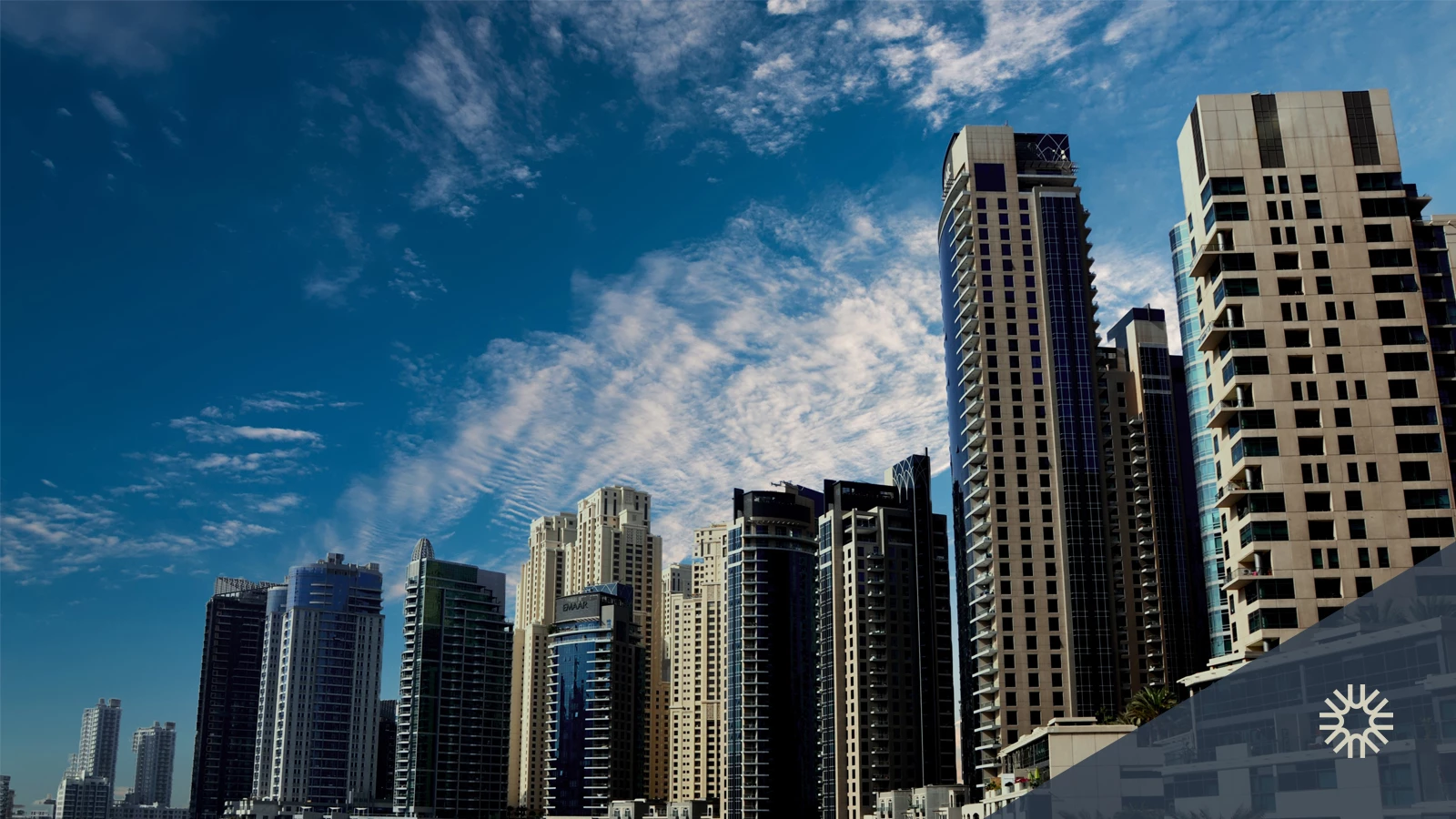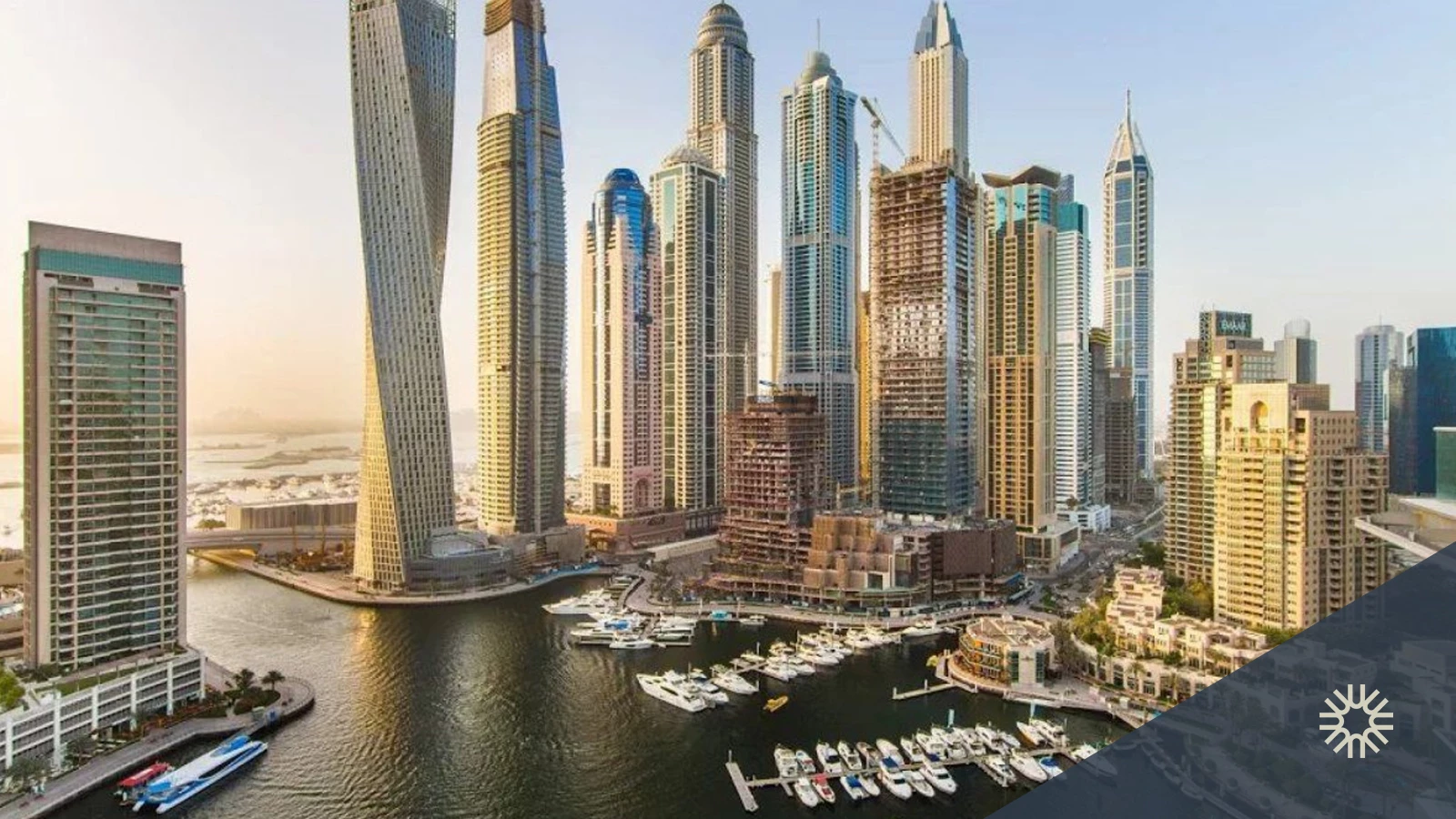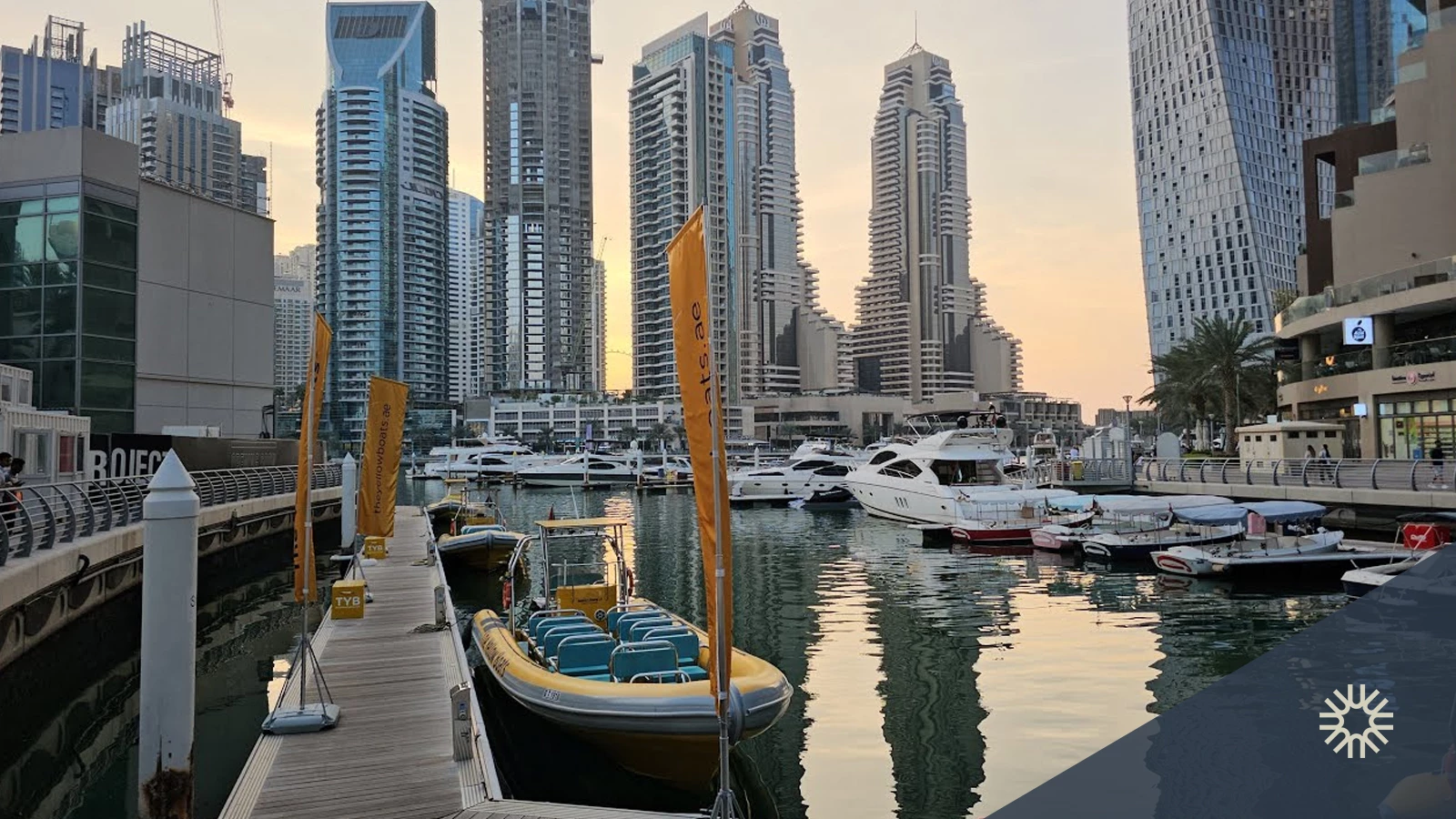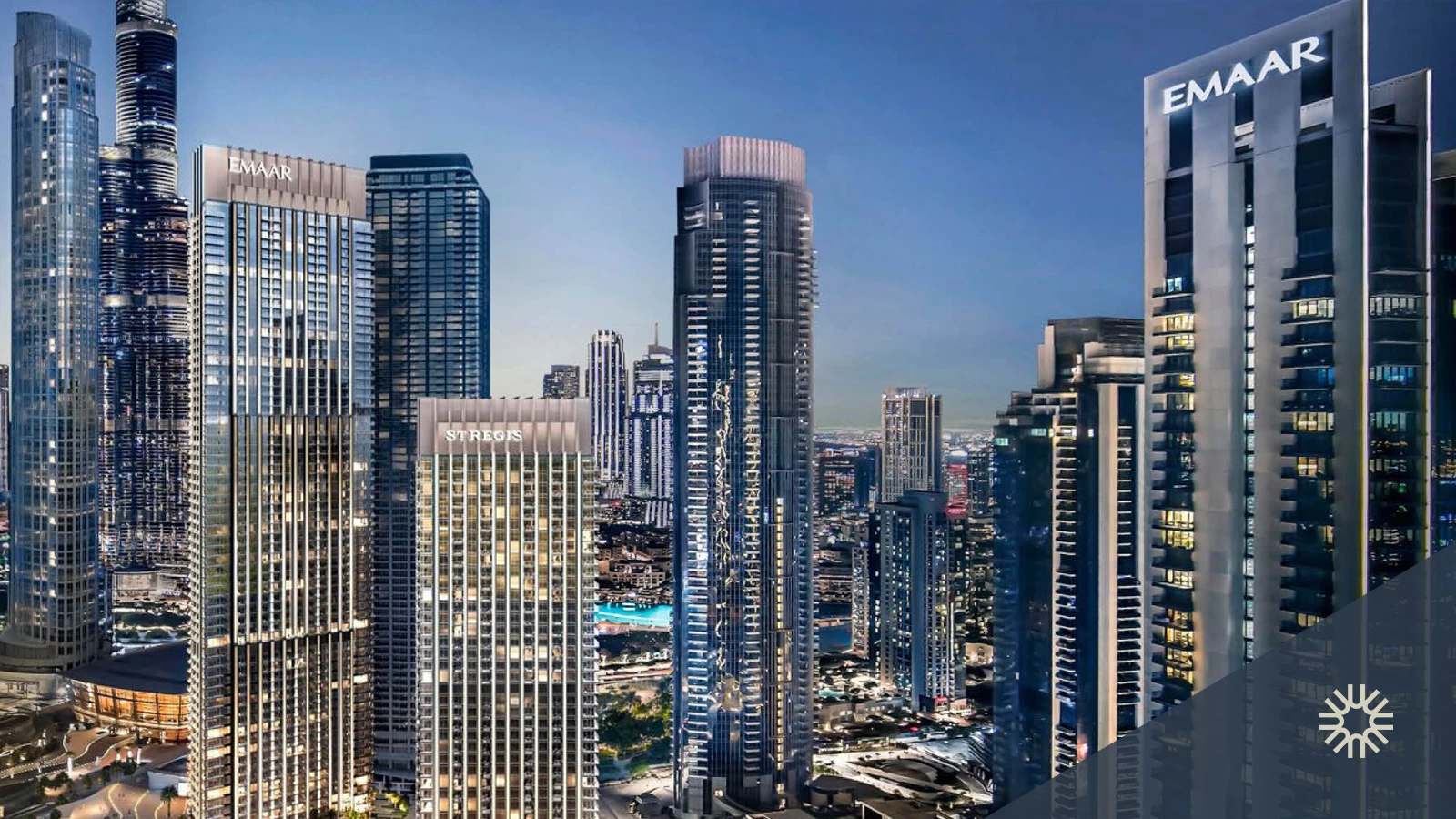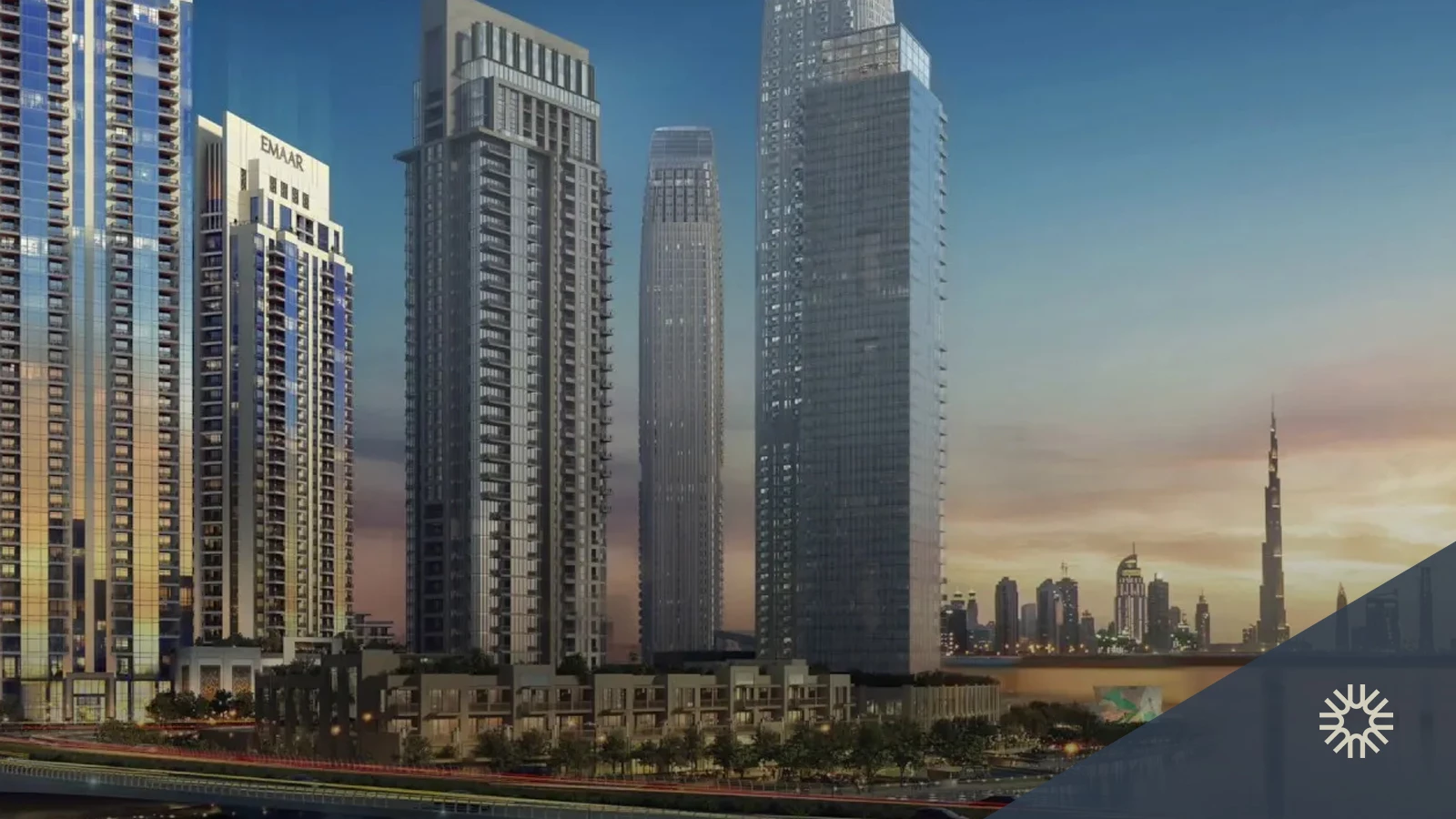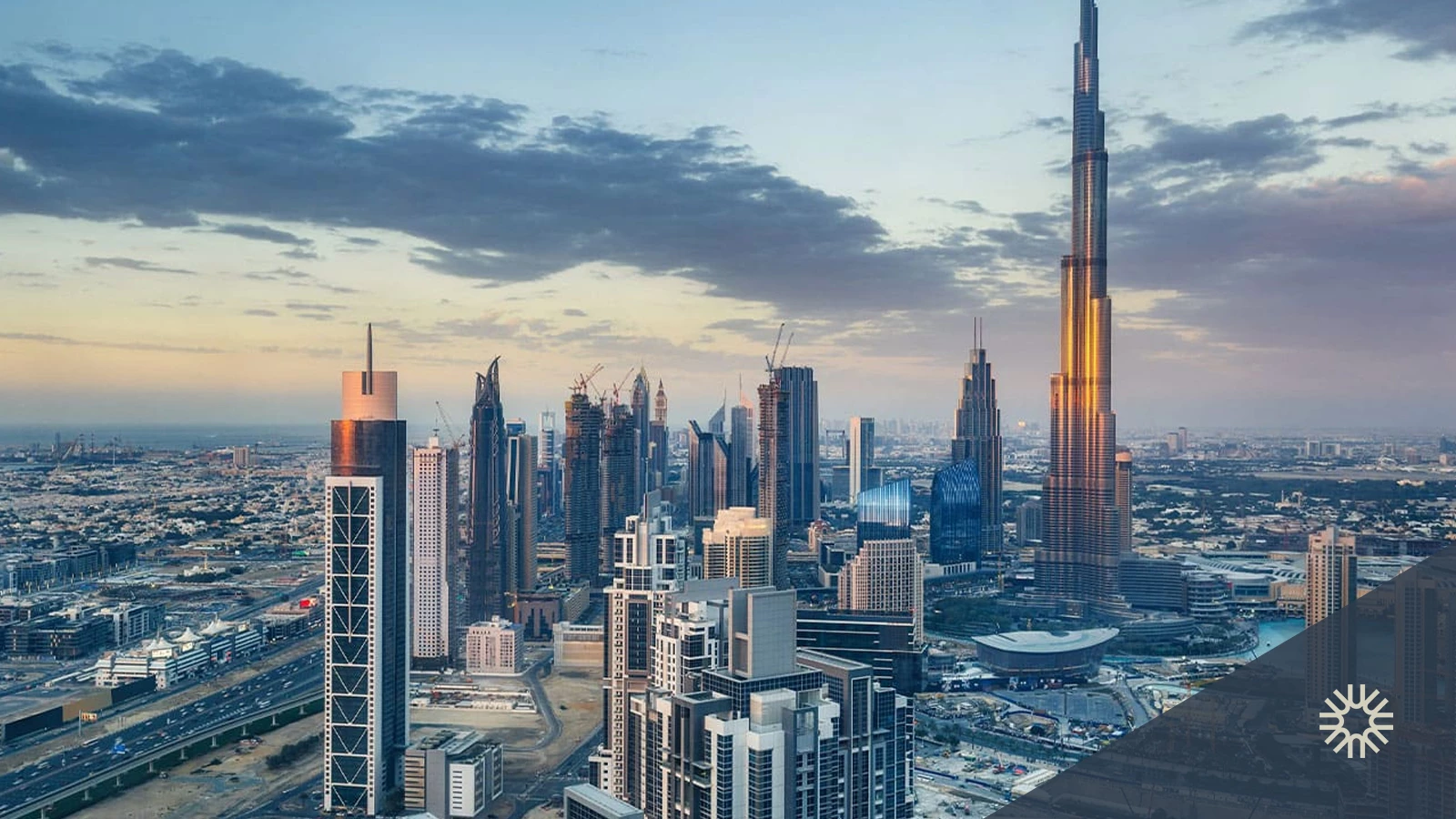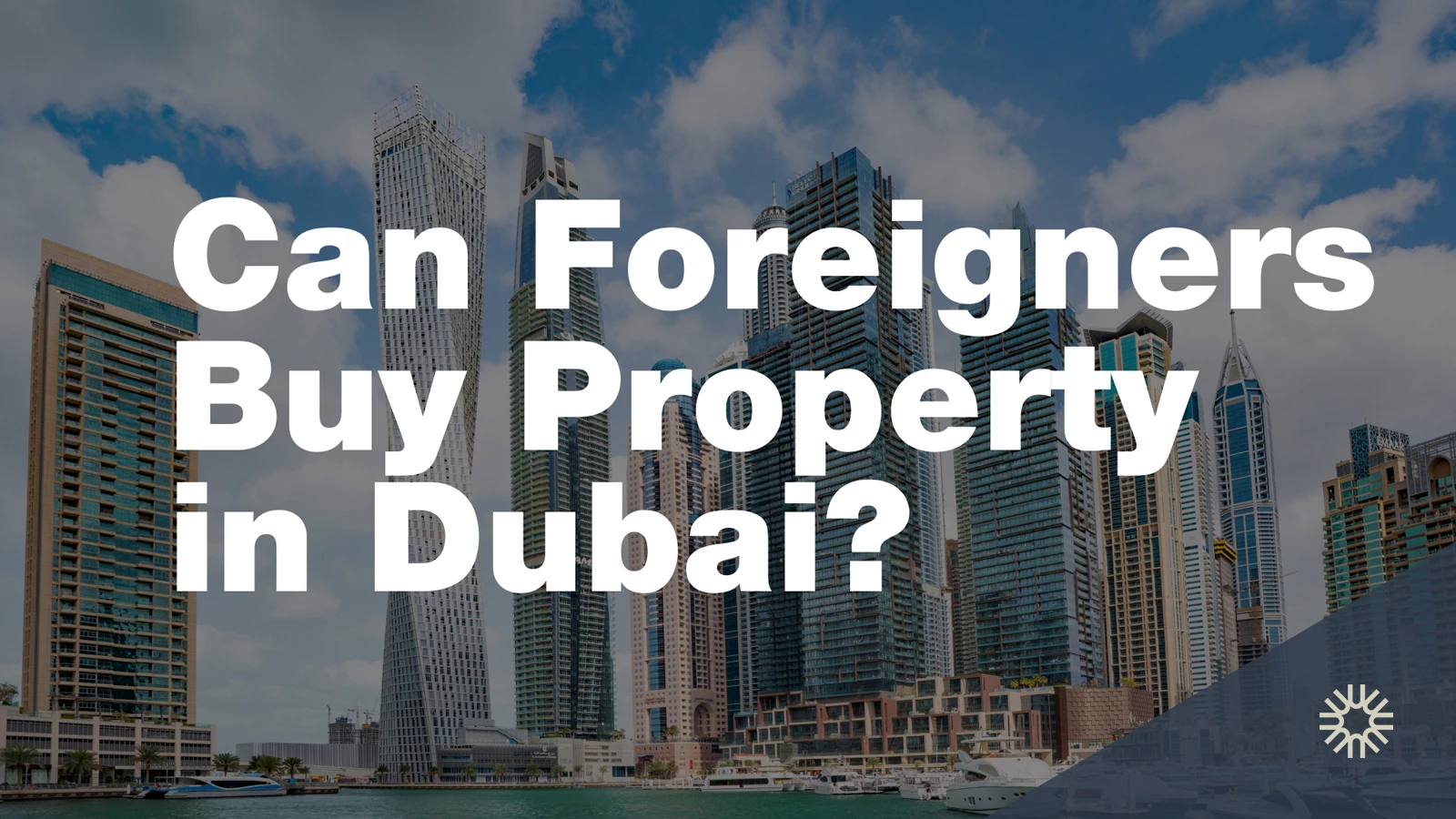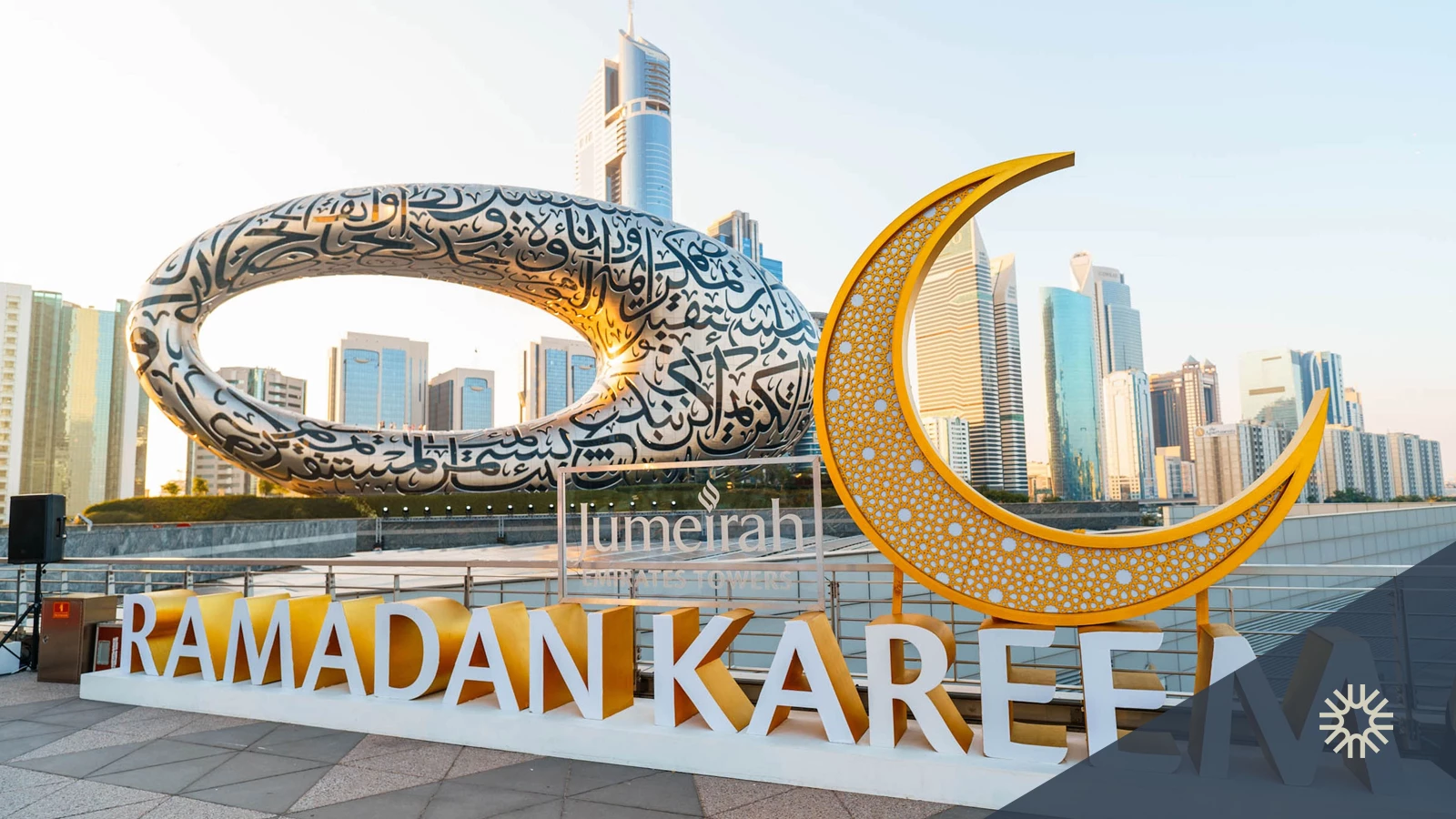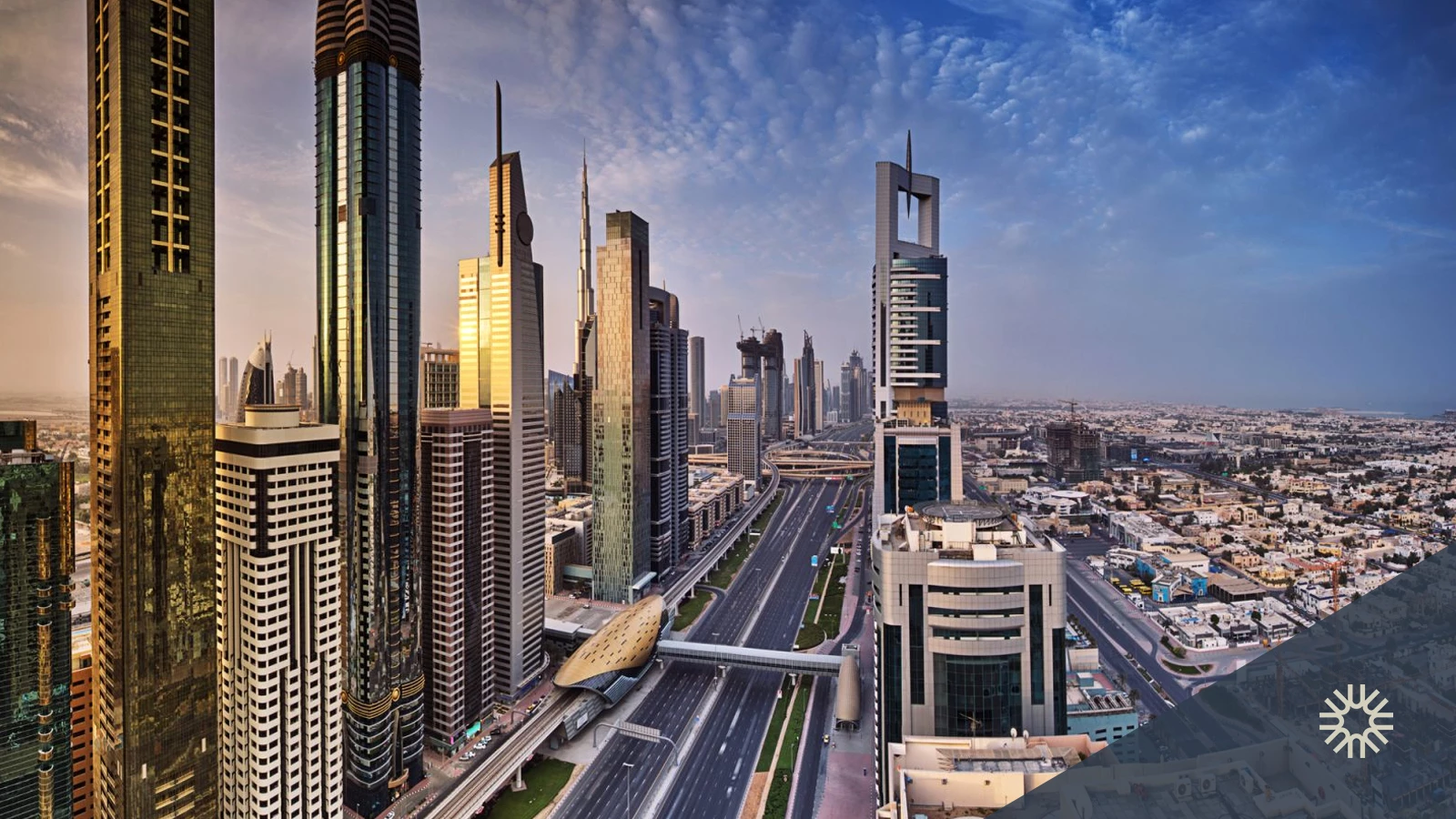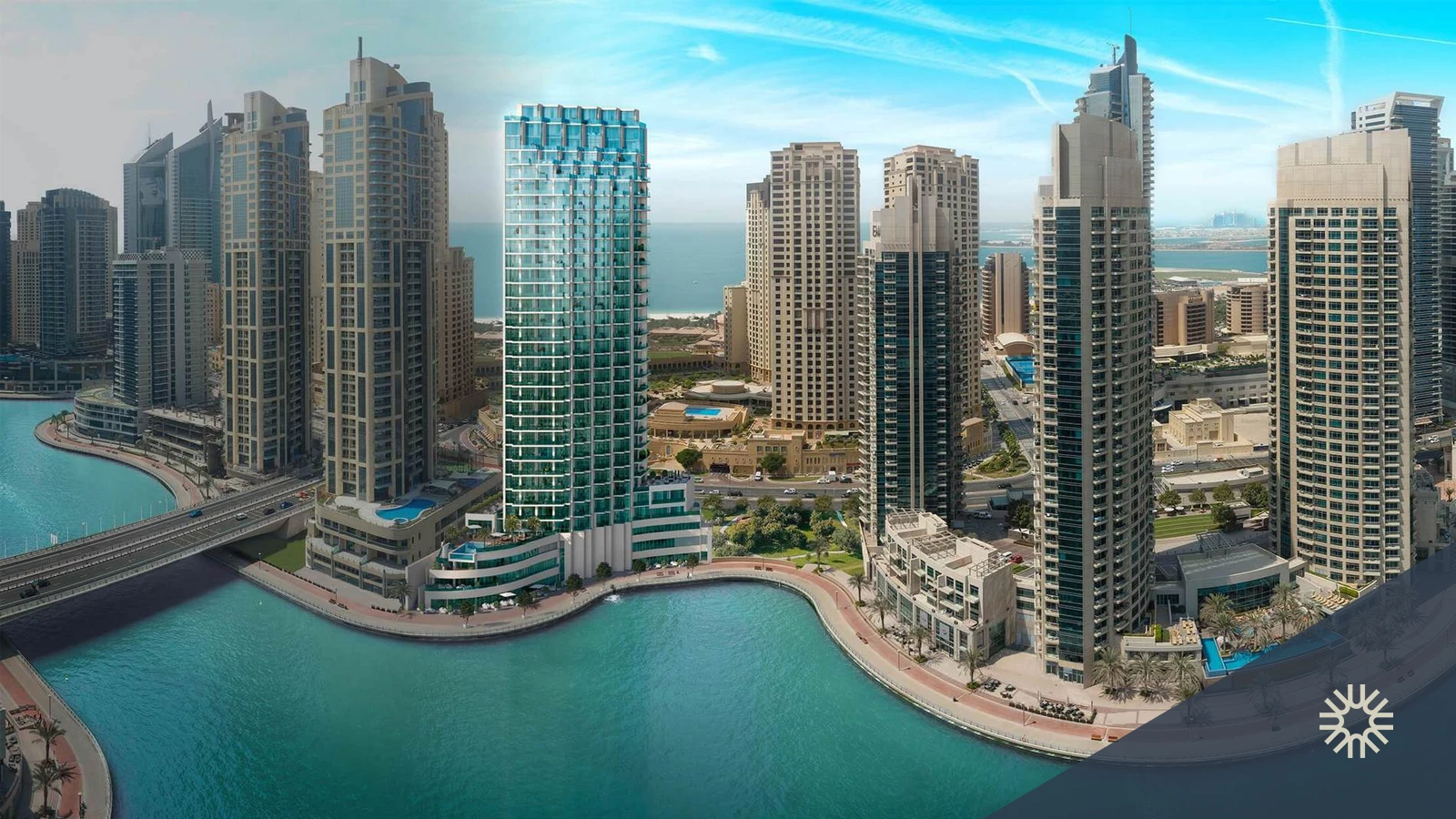Understanding Dubai’s Freehold vs. Leasehold Properties: Which Is Right for You?
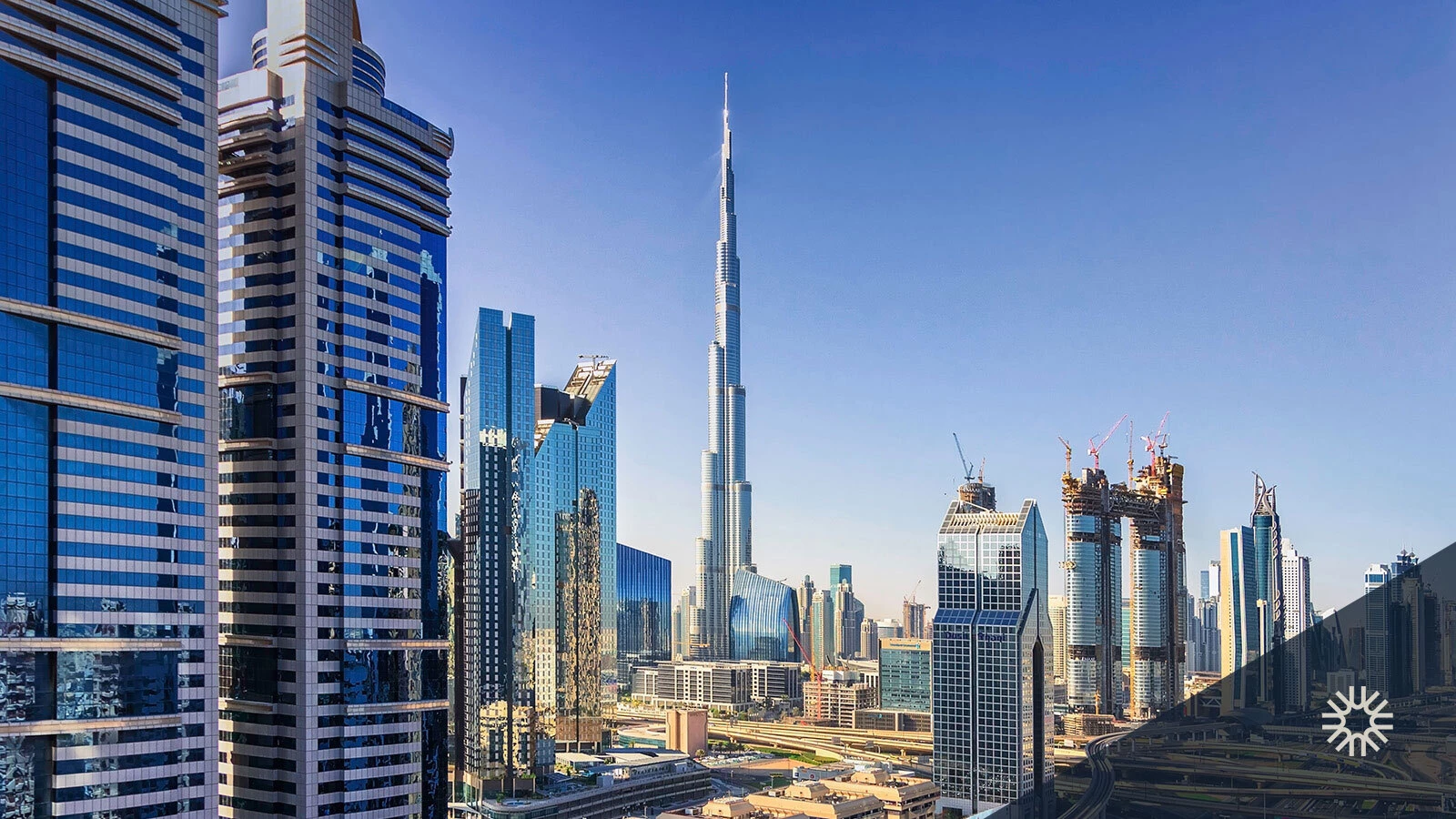
Dubai is a city that has rapidly become a global hub for business, tourism, and real estate. The skyline, filled with luxury towers and ambitious projects, paints a picture of wealth and opportunity. But, when it comes to purchasing property in Dubai, one of the key questions that potential buyers often face is whether to invest in freehold or leasehold properties. Understanding the difference between these two types of property ownership is essential for anyone considering investing in the best real estate property in Dubai 2025.
In this blog, we will break down the key distinctions between freehold and leasehold properties in Dubai, provide insights on which type of ownership might be better for you, and offer practical advice for making an informed decision. Let’s dive into the details!
What Is a Freehold Property?
A freehold property gives the buyer full ownership rights of both the property and the land it stands on. In simpler terms, owning a freehold property means you have complete control over the land and the building, with no expiration date on your ownership. This type of ownership allows you to sell, rent, or modify the property as you see fit.
In Dubai, freehold ownership is available to both Emiratis and expatriates, but with certain restrictions. Expatriates can only purchase freehold properties in designated areas, such as Downtown Dubai, Palm Jumeirah, or Dubai Marina locations that are prime for investment.
Key Benefits of Freehold Properties
Full Ownership Rights
Complete control over the property, without restrictions.
Capital Appreciation
Over time, your freehold property could increase in value, especially in popular areas like Dubai’s city center or coastal districts.
Freedom to Sell or Rent
You can sell your property at any time or rent it out for passive income.
No Expiration
Your ownership lasts indefinitely, unlike leasehold properties.
For those interested in the best real estate property in Dubai, freehold properties are often the most attractive due to the long-term value they offer.
What Is a Leasehold Property?
A leasehold property, on the other hand, is a type of ownership where you purchase the right to use the property for a specific period, typically 99 years. However, the land on which the property sits is still owned by someone else (the freeholder).
Once the lease term expires, ownership of the property reverts to the freeholder, and the leaseholder’s rights are effectively nullified. This makes leasehold properties more temporary in nature compared to freehold properties.
Leasehold properties are more common in certain developments, particularly in areas where freehold ownership is restricted. While they can still provide a solid return on investment, leasehold properties come with certain limitations and risks.
Key Benefits of Leasehold Properties
Lower Initial Investment
Leasehold properties often have a lower upfront cost than freehold properties, making them more accessible to buyers.
Maintenance and Management
In some cases, the property’s maintenance and management responsibilities may fall under the freeholder’s domain, simplifying the process for leaseholders.
Potential for Long-Term Use
Even though the lease is finite, a 99-year lease can offer a relatively long-term investment, especially in areas with high rental demand.
However, when considering the best real estate property in Dubai, leasehold properties may not always offer the same long-term benefits as freehold properties. As the lease runs down, the value of the property may decrease.
Freehold vs. Leasehold: Which Is Right for You?
Choosing between freehold and leasehold properties depends on several factors. Let’s break down the key considerations to help you decide which is the right option for your investment strategy
Investment Goals
If you’re looking for a long-term investment with the potential for capital appreciation, a freehold property is likely the better choice. As Dubai’s real estate market continues to expand, freehold properties in prime areas like Business Bay or Jumeirah Beach are likely to see steady increases in value.
On the other hand, if you are looking for a property with a lower initial cost or if you’re more interested in short-term rental yields, a leasehold property might be worth considering.
Budget and Upfront Costs
If your budget is on the lower end, leasehold properties often come at a significantly reduced cost, both in terms of the initial investment and the ongoing expenses. This could be ideal for first-time buyers or those who are testing the waters of the Dubai real estate market.
However, it’s essential to remember that the long-term value of leasehold properties may decrease as the lease term shortens, which could impact your resale value down the line.
Ownership Duration
If you plan to hold onto the property for the long term, freehold properties offer peace of mind with their indefinite ownership. If, however, your time in Dubai is more temporary and you are just seeking a property for a few years, a leasehold property may provide flexibility at a lower cost.
Location Matters
In some areas, only leasehold properties are available. For example, in certain older communities or mixed-use developments, leasehold ownership may be the only option. Conversely, areas like Dubai Silicon Oasis or Dubai International Financial Centre (DIFC) offer a wide variety of freehold properties for expatriates.
Before deciding on which type of property to choose, you’ll want to research and consider the locations that align with your personal or investment preferences.
Important Considerations Before Making a Decision
Before making your final decision between a freehold or leasehold property, consider these additional factors:
Maintenance Fees
Leasehold properties may have more maintenance fees attached to the land lease, which can increase over time.
Resale Potential
Freehold properties typically have higher resale values because of their indefinite ownership. However, as leasehold properties approach the end of their term, their resale value may diminish.
Financing
Securing financing for freehold properties is generally easier, as banks are more willing to provide loans for these properties. With leasehold properties, lenders may be more cautious depending on the length of the lease remaining.
Conclusion: Which Is Right for You?
Choosing between freehold and leasehold property ultimately depends on your personal goals and the kind of investment strategy you are pursuing. If you’re looking for long-term ownership, control, and potential for property value growth, a freehold property is probably the better option. On the other hand, if you’re working with a smaller budget or are looking for a short-term investment, leasehold properties may suit your needs.
Regardless of which option you choose; Dubai’s dynamic real estate market offers opportunities for investors at all levels. To secure the best real estate property in Dubai, it’s essential to carefully assess your priorities and work with an expert who can guide you through the process. Stay updated on the latest property trends in Dubai! Follow us on Instagram for more insights.
Take the next step towards securing your future in one of the world’s most exciting property markets Dubai. Don’t hesitate to contact a real estate agent or expert to help you find the perfect property tailored to your needs!
